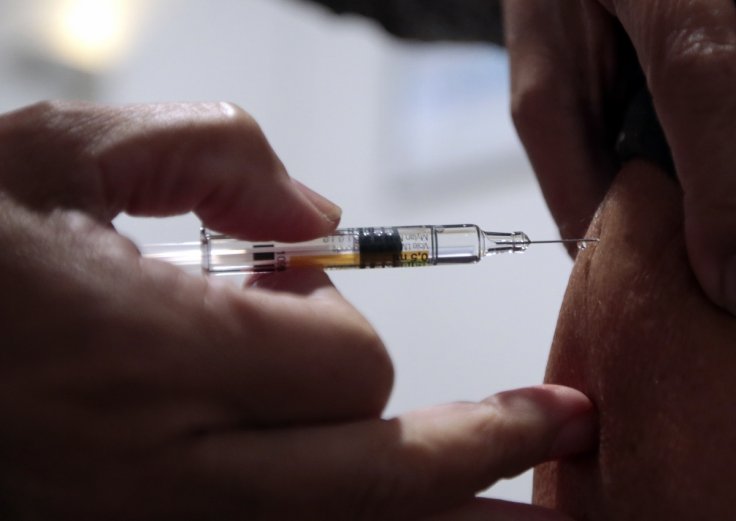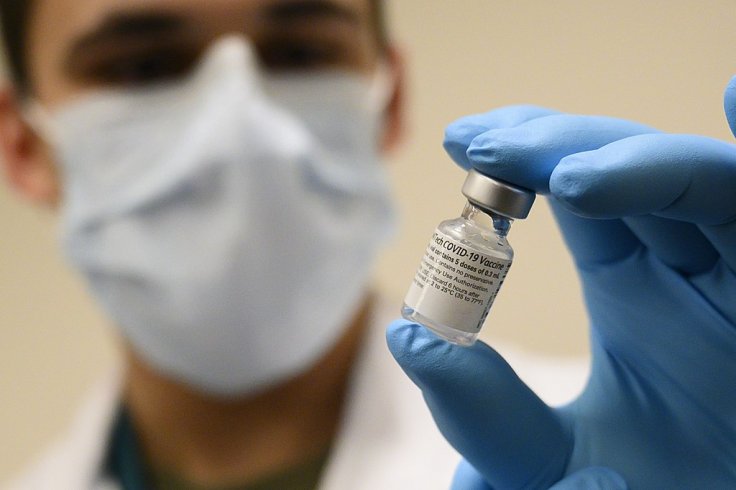Ever since countries like UK, the US and India began mass COVID-19 vaccination programs, people have been asking experts how effective these jabs would be in kids and when their children will get the shots.
On Saturday, February 13, the University of Oxford announced that it is going to conduct a study to find out the effectiveness and safety of the AZD1222 vaccine in children for the first time.
As reported, the new mid-stage trial of the adenovirus-based vaccine, developed by the University of Oxford and the pharmaceutical company AstraZeneca, will determine whether the vaccine is effective on people between the ages of six and 17, said the university in a statement.
It also noted that around 300 volunteers will be enrolled for the trial. The university is expecting to begin the study this month.

Vaccine for All
The AZD1222 vaccine is said to be a "vaccine for the world" because compared to other vaccines, this is cheaper and easier to distribute. For example: While Moderna, Pfizer-BioNTech and Sputnik V will cost $33, $20 and $10 respectively, the AstraZeneca vaccine will cost just $4. Another positive side is that unlike the Pfizer-BioNTech jab which needs ultra-cold storage at -70 degree Celsius, the Oxford-AstraZeneca vaccine can be stored in a standard fridge.
However, the developers have a target to produce 3 billion Oxford-AstraZeneca vaccine doses this year and aim to produce over 200 million doses per month by April.
According to the WHO, this vaccine is recommended for people with comorbidities that have been identified as increasing the risk of severe COVID-19. The guidelines also said that the AZD1222 vaccine can be given to those who previously contracted the novel virus. "But individuals may wish to defer their COVID-19 vaccination for up to six months from the time of SARS-CoV-2 infection, to allow others who may need the vaccine more urgently to go first," the UN agency added.
The Geneva-based health agency also noted that vaccines can be given to breastfeeding women if they are part of a group prioritized for vaccination, as well as to the pregnant women—"if the benefit of vaccinating a pregnant woman outweighs the potential vaccine risks".
However, if the trial involving children shows promising results, then there will be another category of individuals who would be able to receive Oxford-AstraZeneca vaccine shots.
Pfizer COVID-19 Vaccine Trial

Oxford-AstraZeneca vaccine may not be the only option for the kids, because in January this year, Pfizer said that it had fully enrolled its COVID-19 vaccine trial in children age between 12 to 15.
For the Pfizer-BioNTech vaccine trial, 2,259 kids have been enrolled. The vaccine has already received approval from a federal agency for people ages 16 and older in December.
But according to Dr. Evan Anderson, a pediatrician at Emory University School of Medicine, the trial involving children will be helpful to determine the correct dose, as well as safety and efficacy in such different groups.









